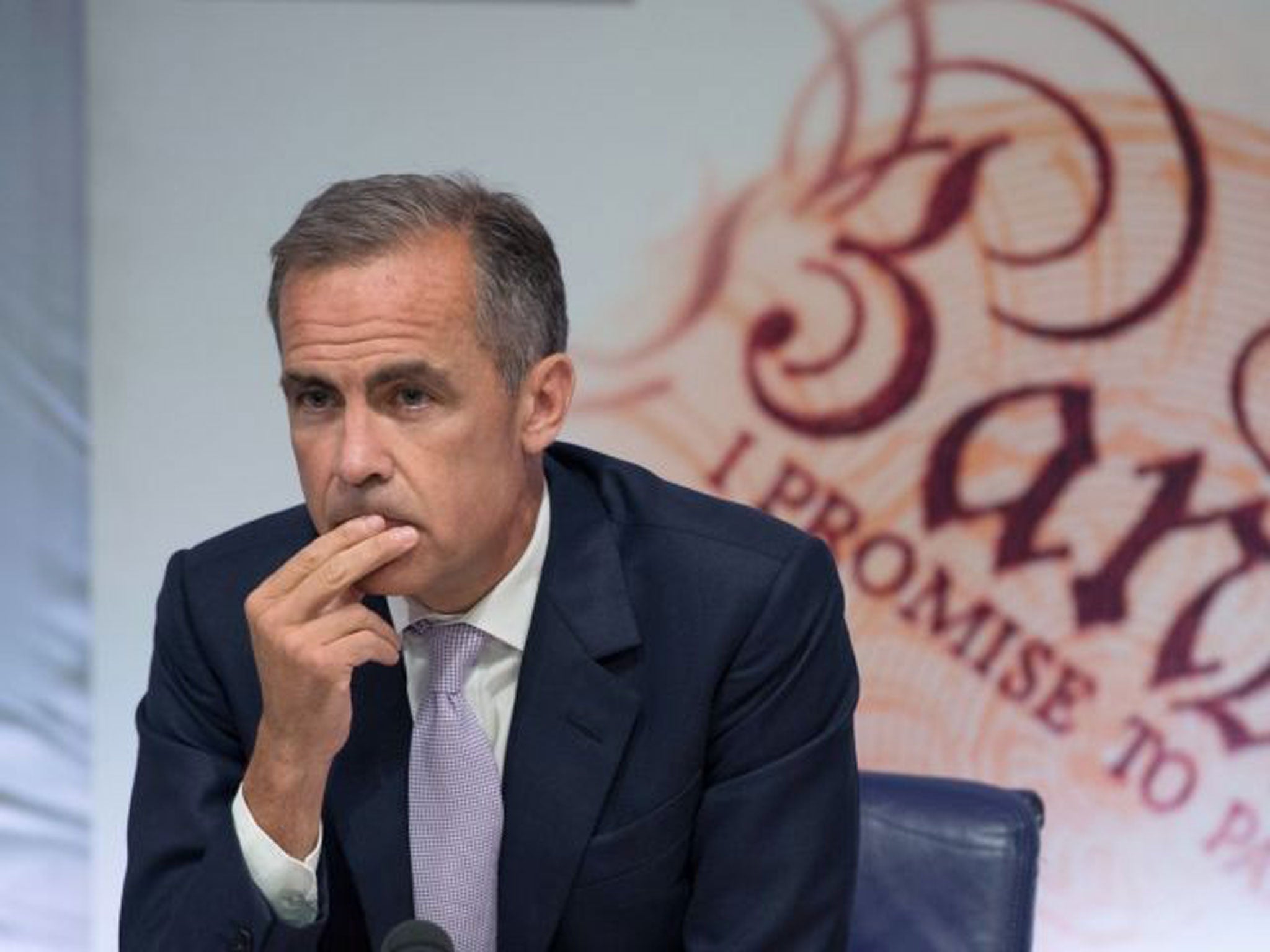The Independent's journalism is supported by our readers. When you purchase through links on our site, we may earn commission.
Interest rates: Forget about a rise - we're only halfway through the crisis
Inflation has been as high as 5 per cent and at no point have interest rates even twitched. Now inflation is flat on its back, it is harder to justify an interest rate rise, says Mark Dampier

It is still hard to believe that the last time interest rates rose was in July 2007. Putting this into context, I remember my son was doing his A-levels at the time. He has since left college, travelled the world, begun a career and got married. A long time has passed and yet rates have only moved in one direction: down.
I remember the final hike to 5.75 per cent well, as I thought it was a misprint! Many families were already struggling with rising mortgage payments, saving was at its lowest level for 50 years, and personal debt was soaring. Higher rates was the last thing we needed.
The method of setting interest rates has changed markedly in my lifetime. Turn the clock back to pre-1997 and the UK government, rather than the Bank of England, was responsible for setting rates. Moves of 2 per cent in either direction were not uncommon and shifts in rates were often a surprise to the market. Investors would quickly adapt to any sudden shock to the system, which meant rates did not need to be changed drastically to have the desired effect. Back then, the very idea of forward guidance would have been laughable.
Today, the Bank of England is responsible for setting interest rates and a surprise rate change is viewed as something to be avoided at all costs. However, its policy of forward guidance has been detrimental, in my view. Central bankers have had a long period of crying wolf – setting the conditions for a rate rise, only to change them at the next review. The upshot of this is a population who do not have a clue when rates will rise or by how much.
Those who have an opinion either way sit on the side of the "doves" or the "hawks". Hawks believe rates should rise. They point to falling levels of unemployment and rising wages as evidence of a strengthening economy – one that is no longer in need of rates set at "emergency levels". They feel the artificial inflation of financial assets, from shares and bonds to classic cars, is unsustainable. They also highlight the harmful effect near-zero rates have had on savings rates and pensions.
These are all valid points. However, the doves would indicate that since 2009, at least half the rise in employment figures is due to an increase in self-employment. An entrepreneurial society would be a good sign but it is hard to see if these new jobs are occurring alongside better pay. A sea of self-employed people earning very little is arguably no better for the economy than a higher level of unemployment. In addition, debt levels across the UK are still very high, both for individuals and companies. While interest rates are low, this debt is serviceable. However, rising rates could stunt a recovery as people default on loans and companies fold under the pressure.
Although the Bank of England now has responsibility for setting interest rates, its decisions are supposed to be with the view of meeting an inflation target of 2 per cent, set by government. To my mind, this target has been completely ignored over the past six or seven years. Inflation has been as high as 5 per cent and at no point have interest rates even twitched. Now inflation is flat on its back, it is harder to justify an interest rate rise.
My earth-shattering conclusion is, given that rates are so low, they will eventually rise. However, productivity in the UK has been relatively poor and manufacturing and export figures do not appear to reflect the so-called strengthening economy.
Unless the recovery is occurring behind these figures, I do not anticipate a rise for some time, possibly not even until 2017. In my view we are still halfway through the financial crisis. I would not expect the UK to revisit a "normal" interest rate cycle for a long time yet.
Mark Dampier is head of research at Hargreaves Lansdown, the asset manager, financial adviser and stockbroker. For more details about the funds in this column, visit www.hl.co.uk
Subscribe to Independent Premium to bookmark this article
Want to bookmark your favourite articles and stories to read or reference later? Start your Independent Premium subscription today.

Join our commenting forum
Join thought-provoking conversations, follow other Independent readers and see their replies